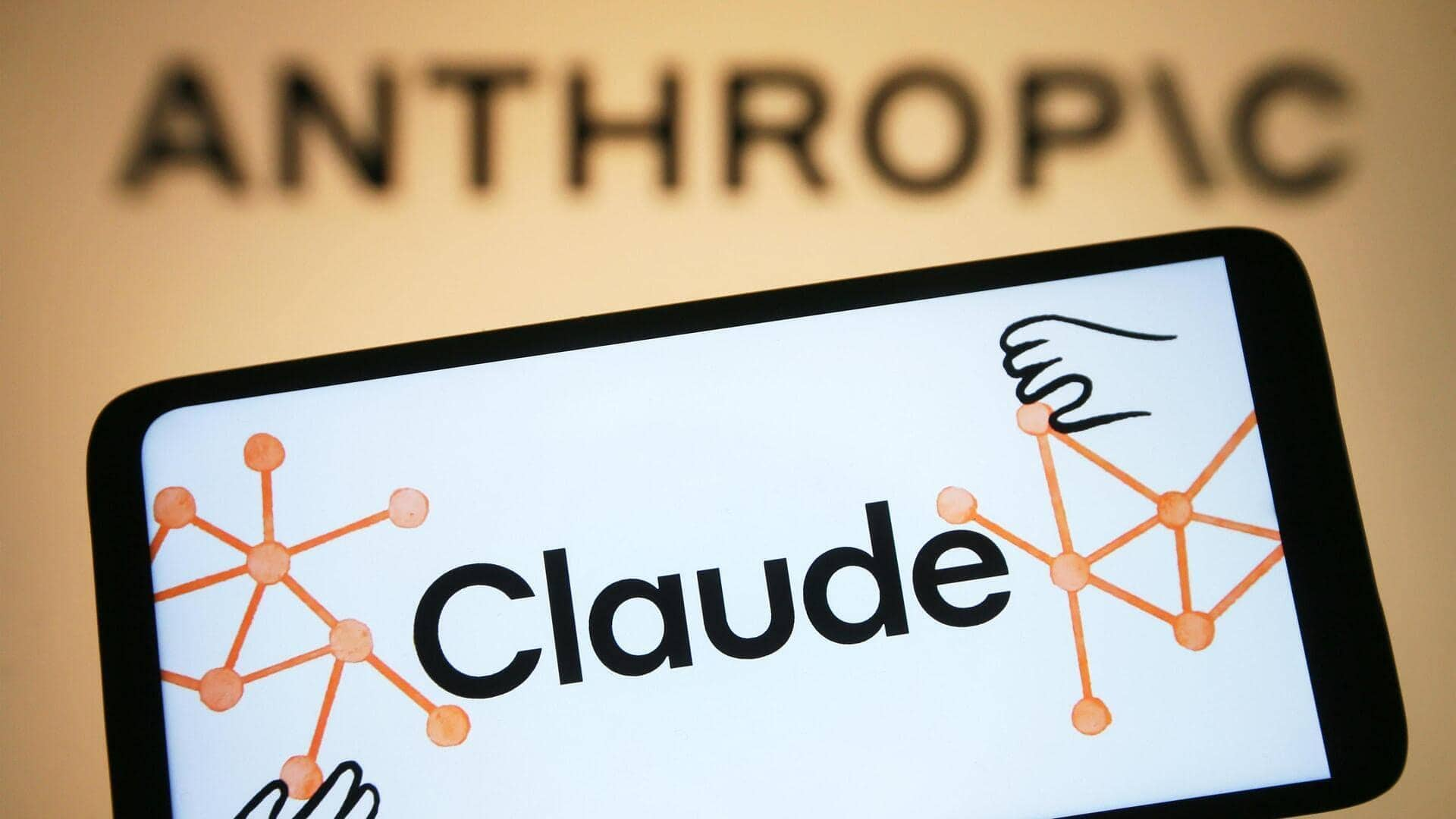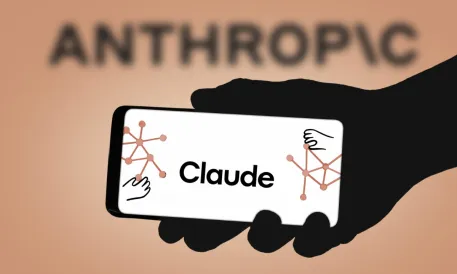Anthropic AI chatbot just became a lot more personalized. The company has rolled out an automatic memory feature that lets Claude remember details from previous conversations without users having to remind it every time. However, this upgrade is currently exclusive to Team and Enterprise subscribers.
The new memory capability means Claude can automatically pull up your preferences, understand the context of projects you’re working on, and keep track of your main priorities. This represents a significant step up from the manual memory prompting feature that Anthropic introduced to paid users just last month.
What makes this particularly useful for business users is how Claude’s memory integrates with projects. The chatbot can now remember specific details about your work while helping generate diagrams, website designs, graphics, and other materials based on files you upload. Each project maintains its own separate memory bank, so details from your marketing campaign won’t get mixed up with your software development work.
Anthropic Adds Memory, Prioritizing Workplace Efficiency and User Privacy
Anthropic seems to have designed this feature with workplace efficiency in mind. The memory system focuses heavily on work-related information like team processes, client needs, and project specifications. This targeted approach could save significant time for professionals who regularly use AI assistance for complex, ongoing projects.
Understanding that memory features can raise privacy concerns, Anthropic has made the system completely optional. Users maintain full control through their settings menu, where they can view, edit, or delete any memories Claude has stored. The company explains that users can tell Claude what to focus on or ignore, and the AI will adjust which memories it references accordingly.
To better match the privacy requirements, Anthropic is also launching incognito chat for everyone. The private chats shall also not be saved in the chat history nor recalled in subsequent interactions, just like browsing in incognito mode in browsers.

Claude isn’t the inaugural chatbot-powered AI to provide cross-conversation memory. Google’s Gemini and OpenAI’s ChatGPT previously released similar functionality. Google previously unveiled Private Chats for Gemini in August, and OpenAI has been building the feature for ChatGPT to be able to recall.
However, the rollout of these memory features hasn’t been without controversy. A recent New York Times report suggested that ChatGPT’s memory implementation coincided with increased reports of “delusional” AI behavior, where the chatbot seemed to develop concerning attachment patterns with users.
How Anthropic is Differentiating Claude from Competitors with Business-Focused Memory?
Anthropic’s decision to make Team and Enterprise users eligible for automatic memory means that they are looking at Claude as a business tool and not a consumer chatbot. This would help them differentiate themselves from others while making money from pro users who need higher-end AI assistance.
The priority on work-related recollections also would seem to be an effort on the part of Anthropic to sidestep some of the personal attachment problems that have dogged other AI chatbots. By giving priority to professional settings such as customer requirements and teamworking, Claude’s memorial system appears aimed at enforcing proper boundaries.
For business users, this update could transform how they interact with AI assistants. Instead of starting fresh with each conversation or having to manually remind Claude about project details, the AI can now maintain context across weeks or months of collaboration.
The individual memory system per project is extra ingenious, keeping the sensitive information for each client compartmentalized while being able to deliver personalized service nonetheless.
As chatbots grow smarter and are given memory, people are asked to weigh the balance between the value of personalized AI support and matters of privacy. The approach by Anthropic in providing voluntary memory and bright-line controls would seem a fair compromise, but only time would ultimately reveal if those protections end up being effective in practice.
The automated memory feature is being unveiled today for Team and Enterprise users, and no word has been released yet on when the feature could become available for paid subscriber accounts.

